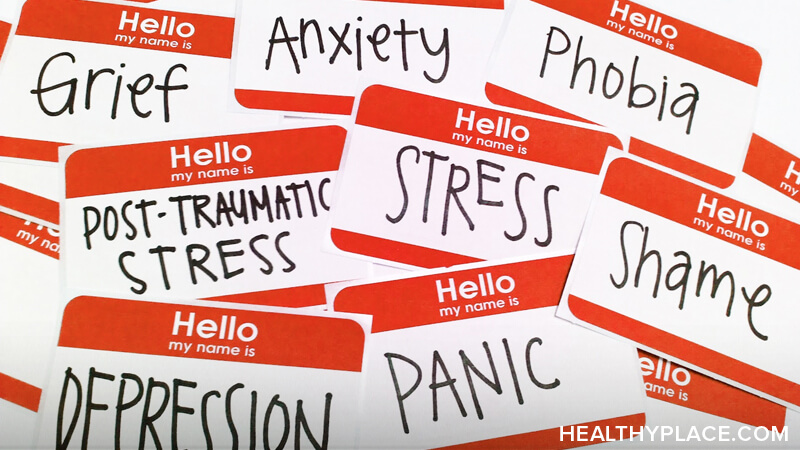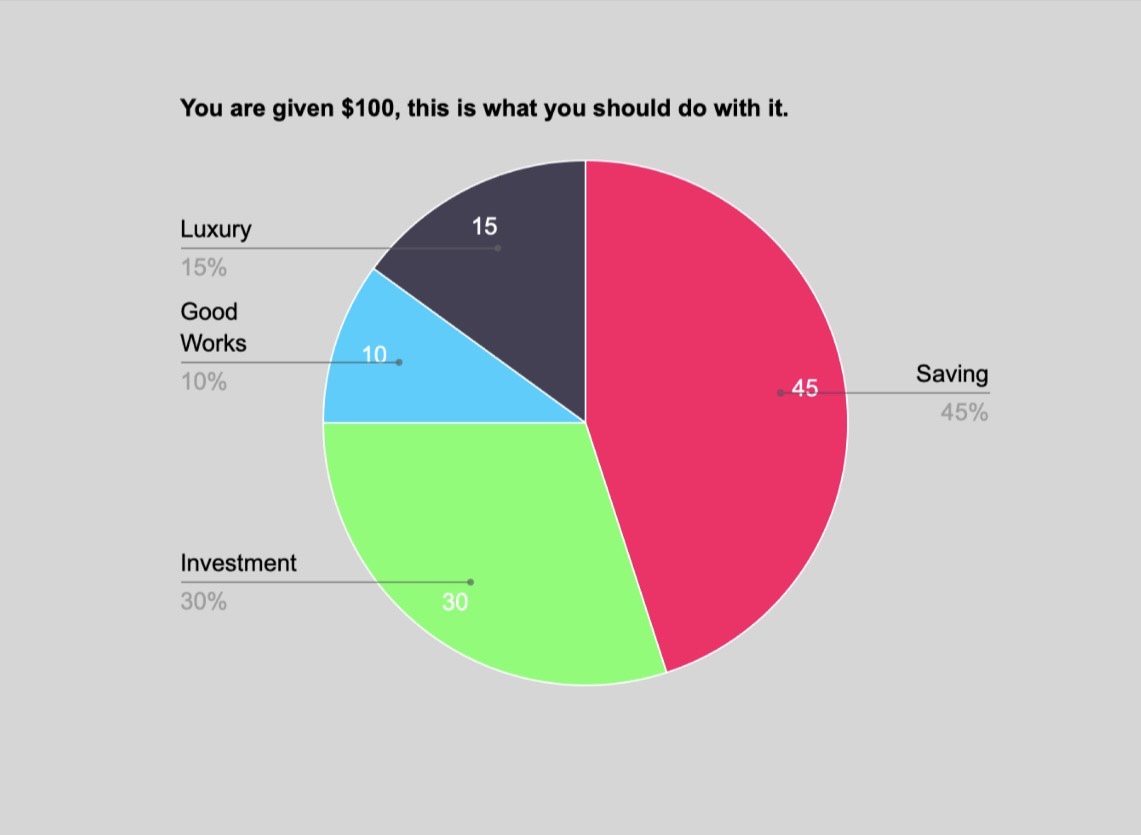It is normal to take medication to ease physical pain, or to seek a specialist when we become sick. A positive response is received when we become injured and have to endure special procedures in order to restore our bodies. A set of helping hands extend with endless love and support towards those whose health is being challenged, because that is part of the common courtesy that most were raised under. But what happens to this courtesy when the illness is formed in the mind? Then, taking antidepressants or seeking the help of a psychotherapist becomes some sort of taboo topic. Speaking up about it might result in a flood of judgments varying from things such as “you’re just over exaggerating” or “I’m sure if you really tried then you could get over it.” How come when you become badly injured no one tells you to simply get over it?

In truth, when you are being affected by a mental disorder, there are very few things that you can do to completely stop it. Most treatments are fabricated so that the illness can be kept under control and managed so that you can live a somewhat normal life while still dealing with it. This makes people that deal with mental disorders quite extraordinary, because although they might be experiencing extreme internal turmoil, a lot of them are still able to live their day-to-day lives with a smile on their face.
Despite the hardships of living with a mental illness, the stigma around it is big. For many, a sickness of the mind is immediately associated with being crazy. And for this reason, so many people avoid seeking the help that they need out of fear of the response that they will receive from those around them. Sadly, the stigma is created by those who are not affected by a mental illness and haven’t come close to experiencing the hardships, which is why the key to breaking the stigma is to become as informed as you can possibly be.

Since knowledge is the beginning of change, here are some of the many mental health conditions that a person can experience and what they entail. Anxiety disorders involve a constant feeling of intense fear and distress to the point in which it becomes overwhelming and prevents a person from being involved in everyday activities. Attention Deficit Hyperactivity Disorder (ADHD) affects a person by causing inattention, hyperactivity, and impulsivity. Bipolar disorder causes dramatic shifts in a person’s mood, energy, and ability to think clearly. Psychosis is characterized as disruptions to a person’s thoughts and perceptions that make it difficult for them to recognize what is real and what isn’t. Eating disorders happen when a person becomes unusually preoccupied with food and/or weight issues to the point in which it becomes hard to focus on other aspects of life. Eating disorders can involve either binge eating or under-eating, both of which could become life threatening if not treated correctly.
If you want to know more about mental illness, symptoms, ways to help others, and ways to seek help for yourself, visit https://www.nami.org (National Alliance on Mental Health).
By: Alison Gonzalez



